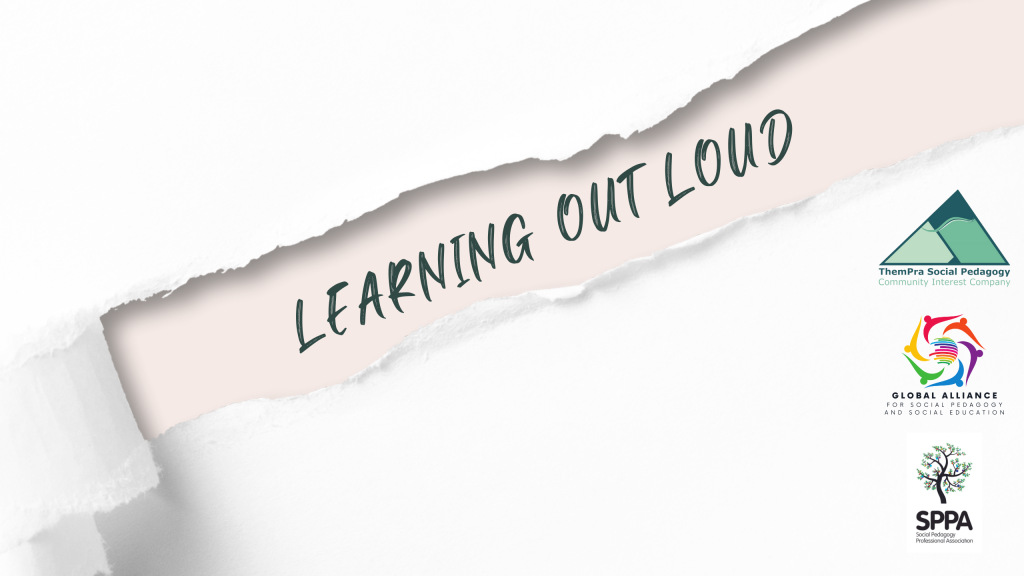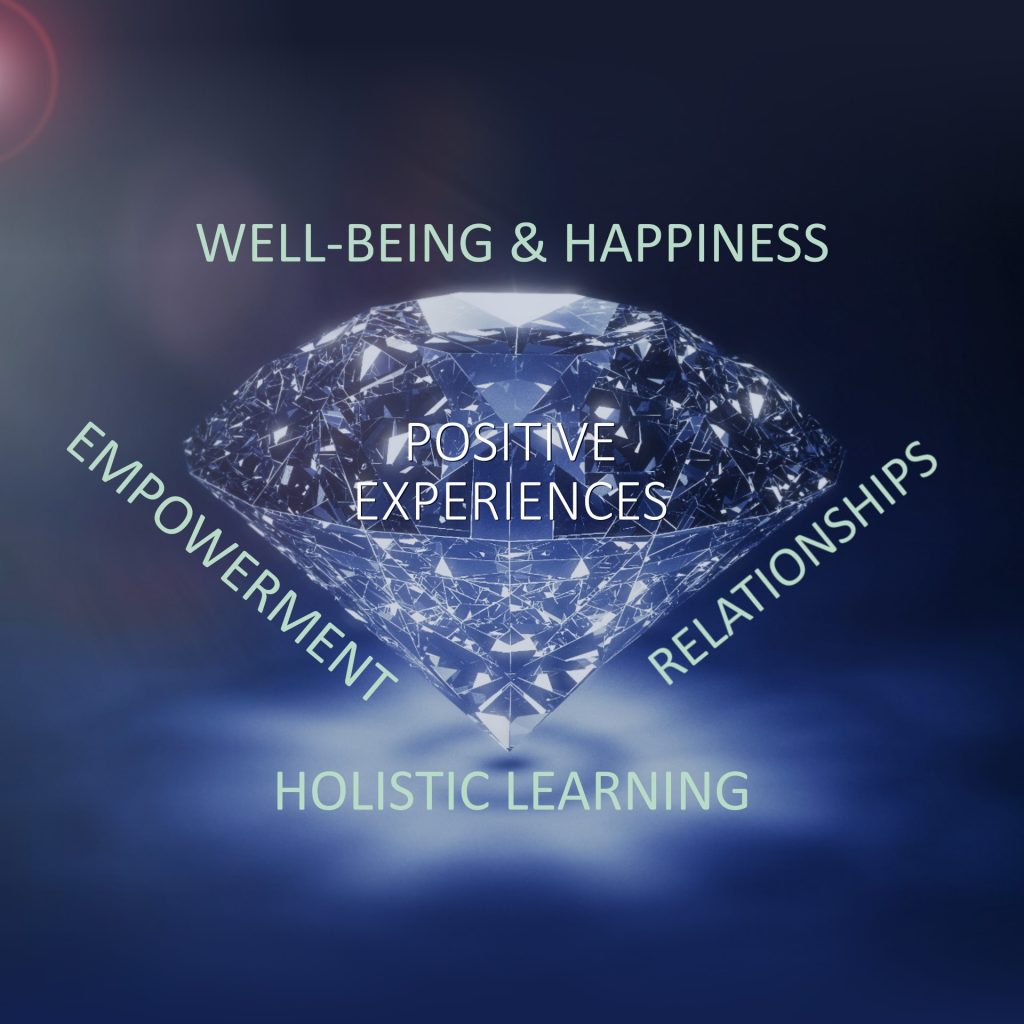Thematic Context for this Special Issue
Social pedagogy is frequently characterised as providing educational solutions to social issues through relationship-centred approaches that further well-being, social inclusion and active citizenship. The impact of climate change is increasingly threatening this ambition in manifold ways, from air and water pollution affecting people’s health to extreme weather events threatening entire communities, disrupting food supplies and causing destitution that force people to seek refuge in other parts of the world.
We argue that the climate emergency has two important implications for the field of social pedagogy – as well as related fields across the human professions:
- Social pedagogy must develop a multi-faceted understanding of how it can combat environmental degradation through an eco-social justice perspective, recognising that environmental justice and social justice are intricately linked. It can do so by drawing on explorations in fields such as planetary pedagogy (Salonen et al, 2023), green social work (Dominelli, 2018) and eco-social work (IFSW, 2022), eco-justice pedagogy (Bowers, 2001), ecosystemic wellbeing (Ellyatt, 2022), nature pedagogy and outdoor education, to name just a few. It can also learn from community-based initiatives that might not seem directly connected but draw on shared principles, such as community gardens, city farms and environmental arts.
- Climate change is likely to require new forms of social pedagogical support aimed at helping individuals and communities deal with climate-related issues, such as environmental disasters. As a field it can outline meaningful educative ways in which this support can strengthen people’s political agency and engagement as active citizens in environmental issues and other ways to support climate action, including by drawing on the creative arts to explore and highlight the impact of environmental issues and using nature as a medium for our own richer understanding of life aspects, such as interconnectedness, symbiosis, and the complex ways in which we shape – and are shaped by – our environment.
Social pedagogy is focussed on human relationships, and we assert that this should extend to human relationships with nature. We need to understand that the human rights of both present and future generations require our urgent concern with environmental rights and protecting natural resources, ecosystems and biodiversity. Our belief that social pedagogy can make a valuable contribution towards this most critical social issue of our times is echoed by the work of Prof Arto O. Salonen and his colleagues at the University of Eastern Finland, who have outlined a framework for planetary inclusion as part of a forthcoming publication in IJSP. It also builds on the brilliant work by the International Federation of Social Workers in articulating eco-social justice as part of the People’s Charter for an Eco-Social World (2023).
We welcome contributors from social pedagogy, social work, social education and other related human and environmental disciplines to present their research, conceptual contributions and/or practice insights. We particularly invite provocations that enable us to critically reflect on existing discourse and practice, pushing the boundaries of how we understand eco-social justice issues and integrate these into practice. We also welcome policy-level perspectives and learning from work in other practice contexts and from other countries across the world. We encourage authors to integrate or connect their writing to the body of literature on social pedagogy to highlight the relevance of their contribution to the discourse we have been promoting as the International Journal of Social Pedagogy.
Submission to this special issue
Successful authors will be invited by July 31st, 2024 to submit a full draft for editorial review by December 31st, 2024 through the journals online submission system. Please consult the notes for authors on the journal’s webpage here.
For enquiries about your ideas please email the special issue editors, who will be happy to provide further guidance. The journal is keen to encourage new and existing writers and as such we can offer support in a variety of ways, e.g. for new writers, or for writers who are less confident about writing in English.






